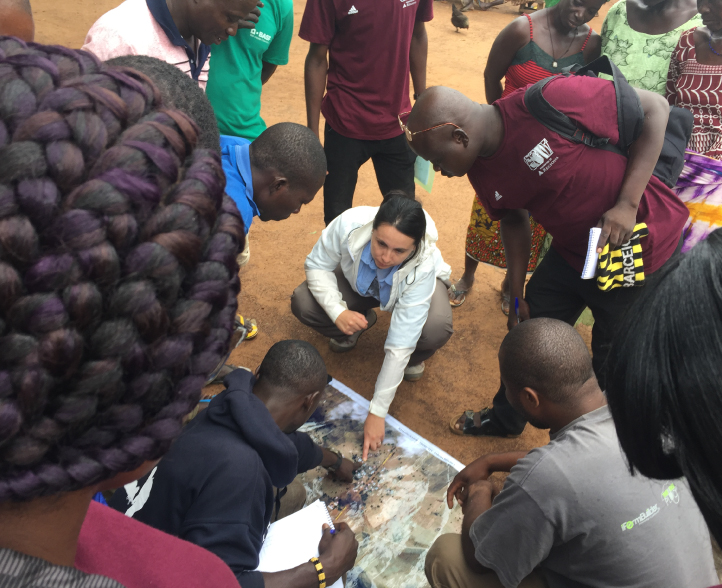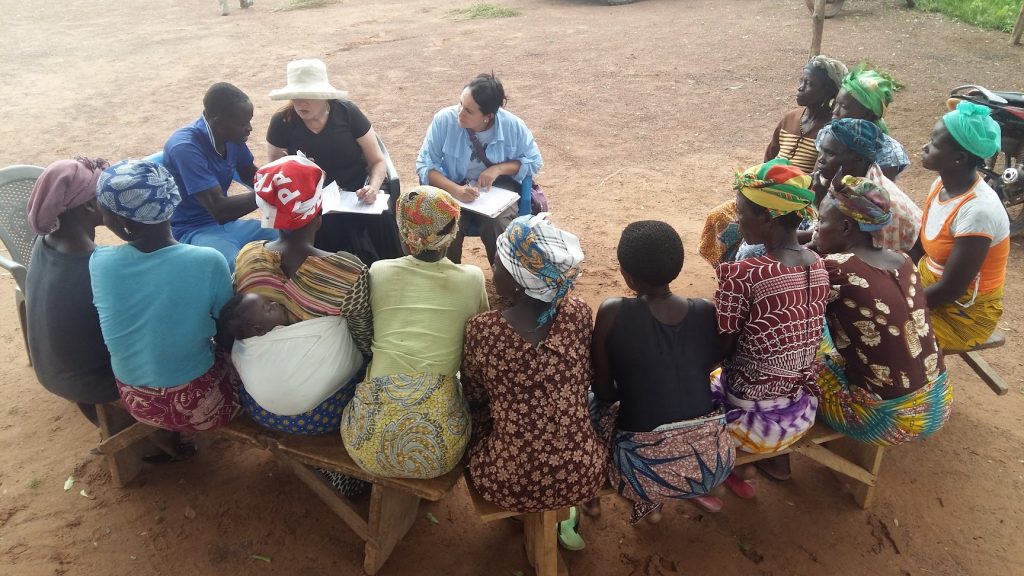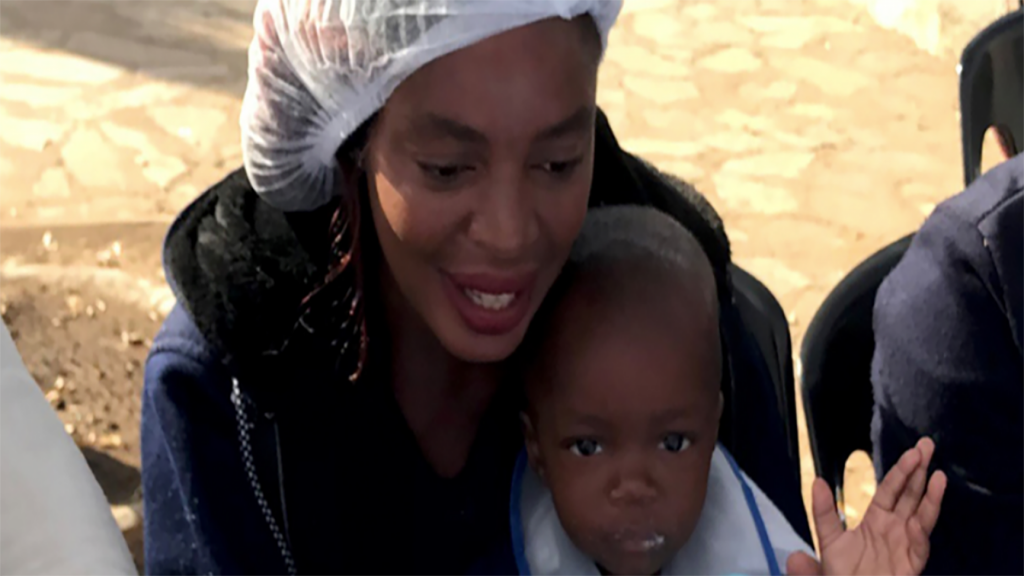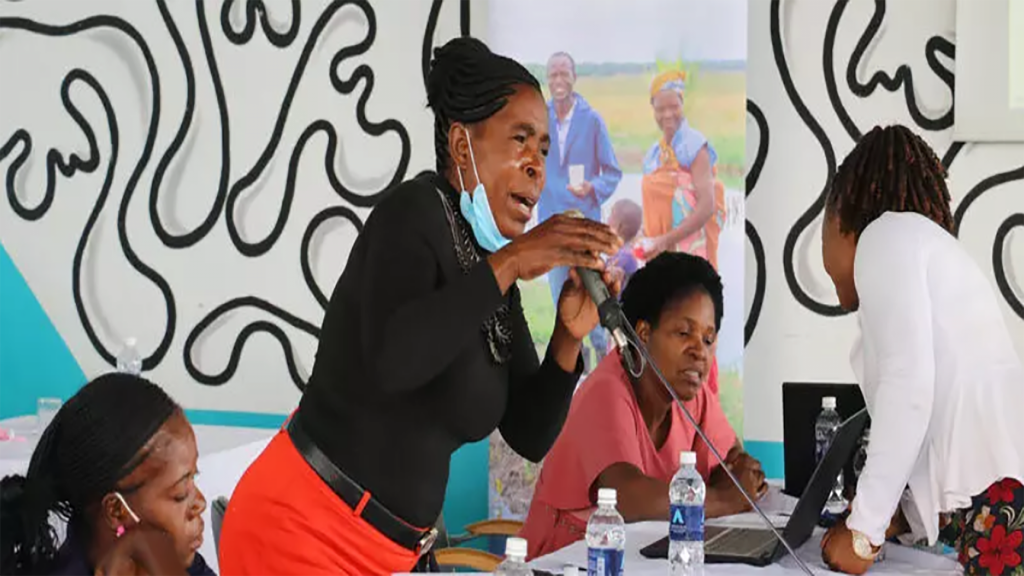Explore how the Gender Impacts Lab conducts research that seeks to identify gaps and determine entry points to effectively implement gender and youth responsive research, evaluations, and interventions.
Utilize tools adapted by the Gender Impacts Lab that are designed to help you gain an awareness and understanding of the barriers facing minority and vulnerable communities locally and globally.


By Pedro D. Maciel | January 29, 2024
In partnership with the Soybean Innovation Lab, Mississippi State University’s Dr. Kathleen Ragsdale and Dr. Mary Read-Wahidi created courses to provide development practitioners and researchers with the knowledge and skills needed to incorporate gender responsive approaches into their programming and conduct focus groups to incorporate community perspectives into the project lifecycle.

By Agrilinks Team | February 9, 2024
Supported by the USAID-funded Feed the Future Innovation Lab for Fish, FishFirst! Zambia’s goal is to determine feasibility of harnessing the power of nutrient-dense pelagic small fish to help fill protein and micronutrient gaps among food-insecure IYC and families.

By Agrilinks Team | January 12, 2023
This post originally appeared on the Feed the Future Innovation Lab for Fish website and was written by Agness Chileya, Lizzy Muzungaire, Netsayi Mudege and Kathleen Ragsdale.
Community health worker Betty Muleya took an active role in FishFirst! Zambia activities.
The Gender Impacts Lab is associated with Mississippi State University (MSU) and the Social Science Research Center (SSRC).